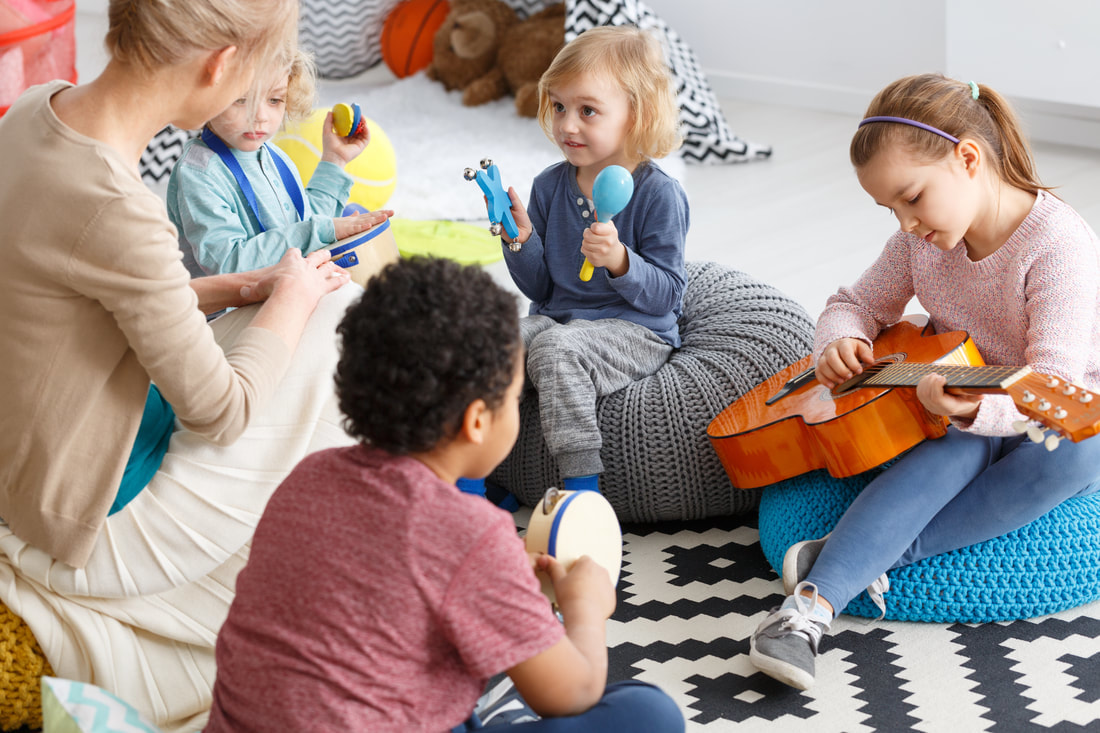Circle Time |
Page 2 |
Circle time is an essential activity of the day. A well-planned circle time experience is fun, interactive and provides an opportunity to introduce concepts the children need to learn. Circle time also stands as a cooperative part of the day when students and teachers come together to achieve a goal. At times this goal is learning something new, and other times the goal is to complete a daily task as part of a bigger schedule.
Circle time is an opportunity to build community, present ideas, explore literacy, and experience music and movement. Circle time is an excellent opportunity to practice skills that children will need to be successful in school. This includes following directions, self-regulation, and executive function. All of this can be done to build a sense of community within the classroom.
|
Building a sense of community in the classroom relates to a sense of belonging to a group while being valued, respected and appreciated. A classroom community is welcoming and values all individuals. Building this community element in early childhood programs has many benefits including strengthened peer relationships, trust, a sense of security, and a love for learning. |
The Benefits of Classroom Community
Children are in classrooms or child care programs for a significant portion of their day and are often with other children who have differing needs, backgrounds, and ability levels. When a group of many children are together for extended periods of time, it can be easy for some to become outcast or to feel out of place. Building a sense of classroom community in early childhood classrooms can eliminate those negatives and allow children to grow and learn instead.
According to Ellen Booth Church (Building Community in the Classroom for Scholastic, 2003) students who are a part of a classroom community tend to feel more confident in their individual identities, are well-adjusted and tend to perform better academically. This is in large due to the sense of security and belonging that a classroom community provides. In essence, building a classroom community gives children a strong foundation to build upon when developing their social, emotional, and cognitive abilities throughout the academic year.
Course Navigation Menu
|
|



